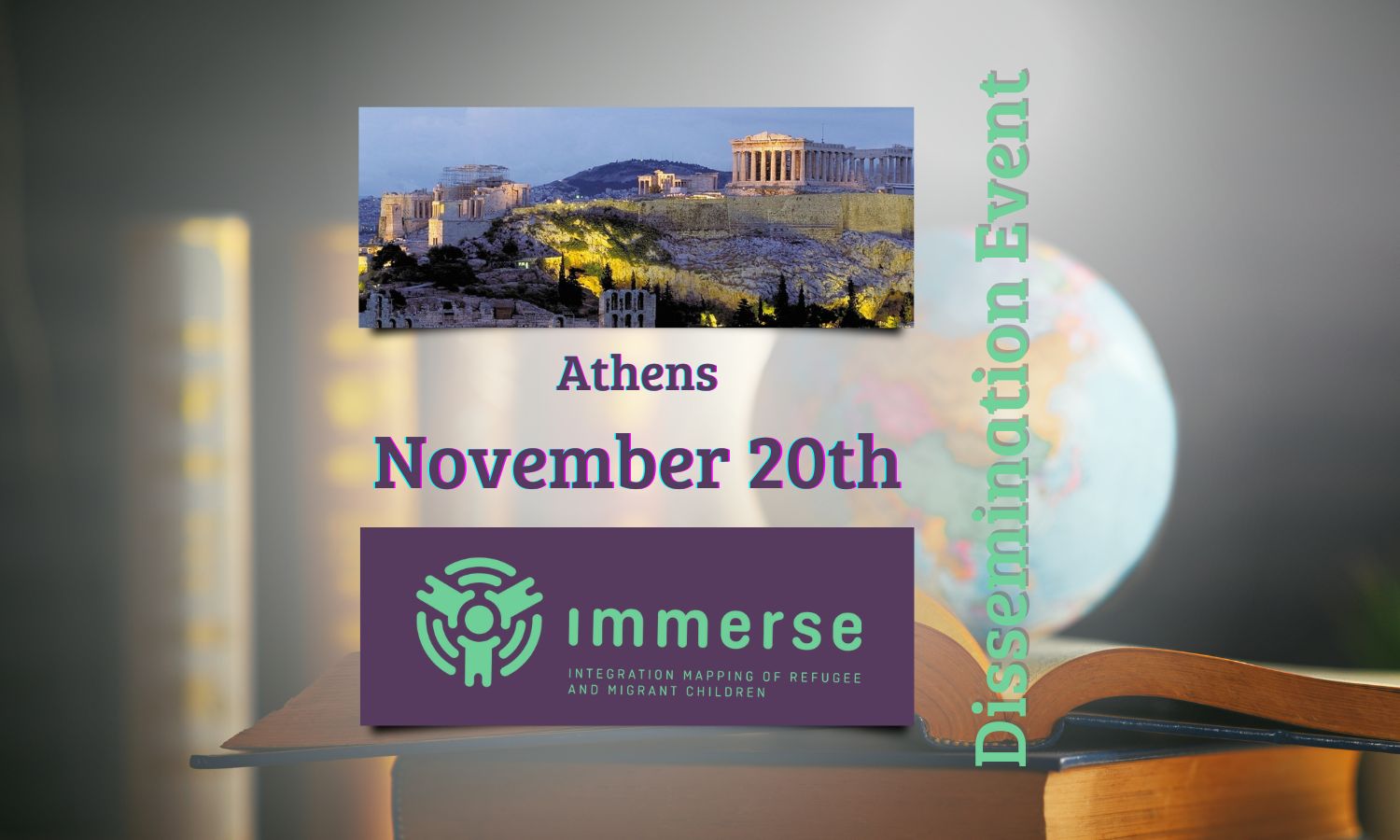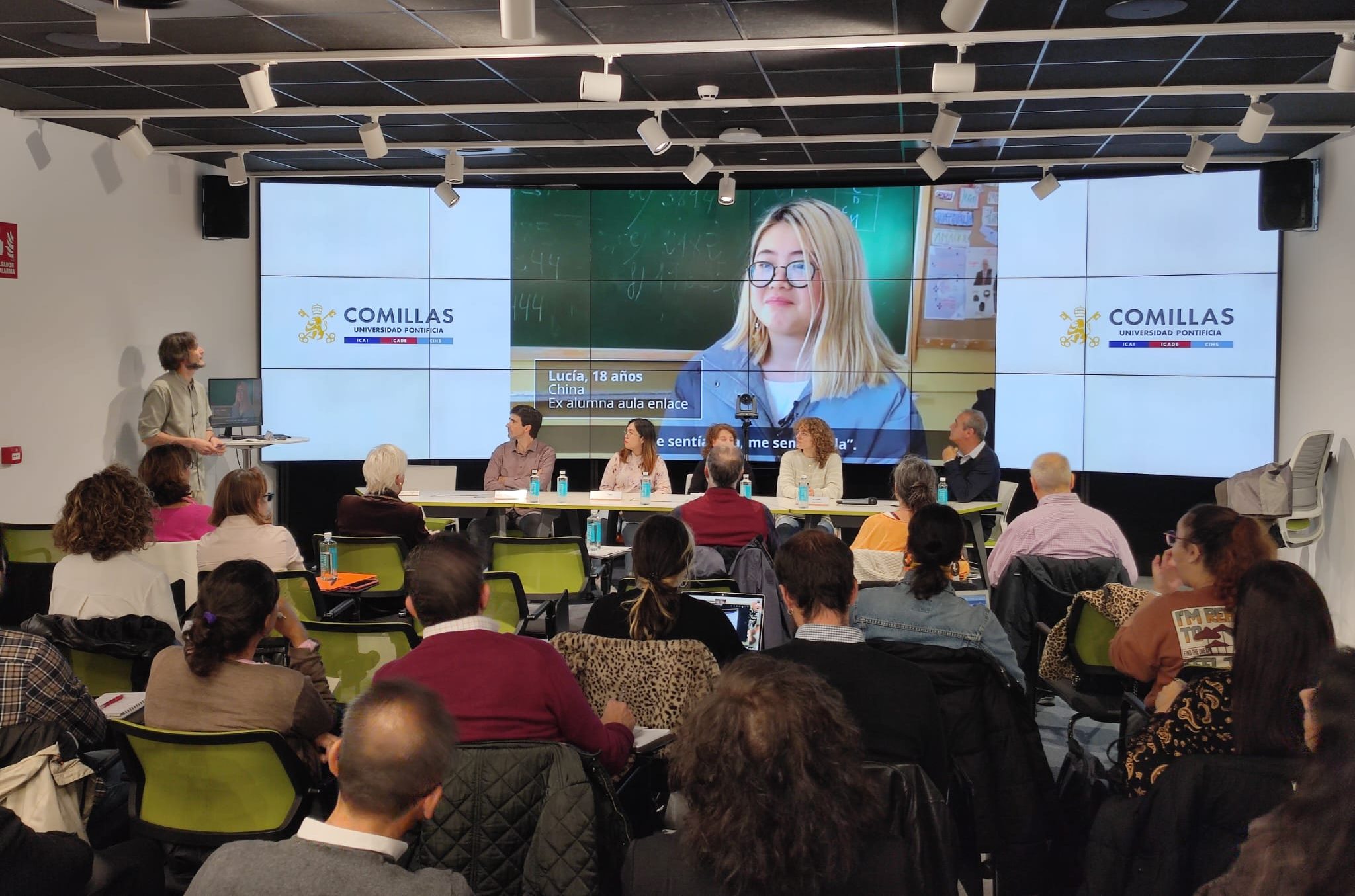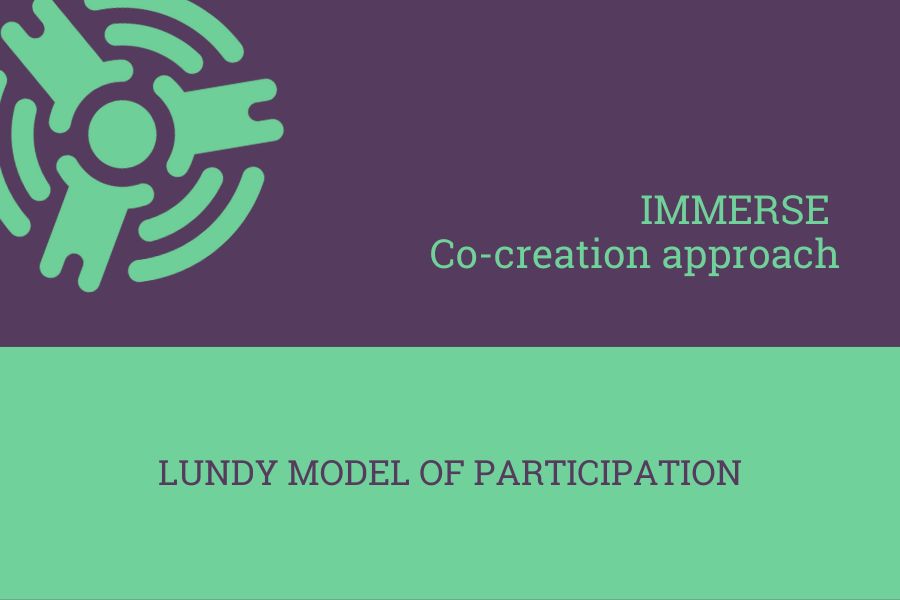Description
The Action Plan on Integration provides a common policy framework For EU Member States as they further develop and strengthen their national integration policies for migrants from third countries, and describes EC the policy, operational and financial supports available to support these actions. In relation on education the action plan makes a number of specific recommendations for member states: • Provide online language assessment and learning for newly arrived third country nationals, especially refugees, through the Erasmus+ online linguistic support. • Support peer learning events on key policy measures such as welcome classes, skills and language assessment, support for unaccompanied children, intercultural awareness, recognition of academic qualifications and integration into higher education. • Support the school community in promoting inclusive education and addressing specific needs of migrant learners through the COM online platform School Education Gateway. • Remove barriers to the participation of third country national girls and boys to early childhood education through the development of the European Quality Framework for Early Childhood Education and Care (ECEC), including assistance to ECEC staff to respond to the specific situation of families. • Equip teachers and school staff with the skills needed to manage diversity and promote the recruitment of teachers with a migrant background. • Promote and support the participation of migrants' children in early childhood education and care.
- Access to compulsory education
- Access to health care
- Children complete compulsory education
- Children maintain their cultural identity while adopting new cultural values and intercultural competences
- Children remain in (formal) education beyond compulsory levels / Access to (formal) non-compulsory education
- Children's academic skills
- Children's competence in host language
- Children's legal status
- Children's life satisfaction / happiness
- Children's sense of belonging
- Friends and peers (bridges)
- Friends and peers (support)
- Institutions
- Teachers
- Types & levels of (formal) non-compulsory education attended



